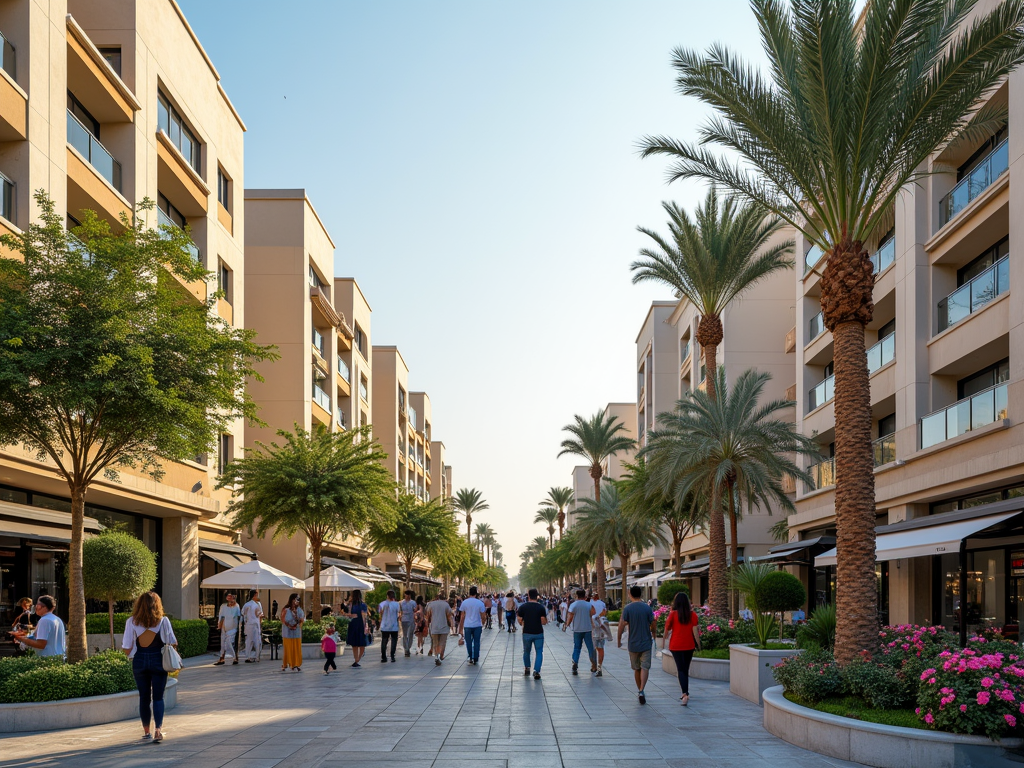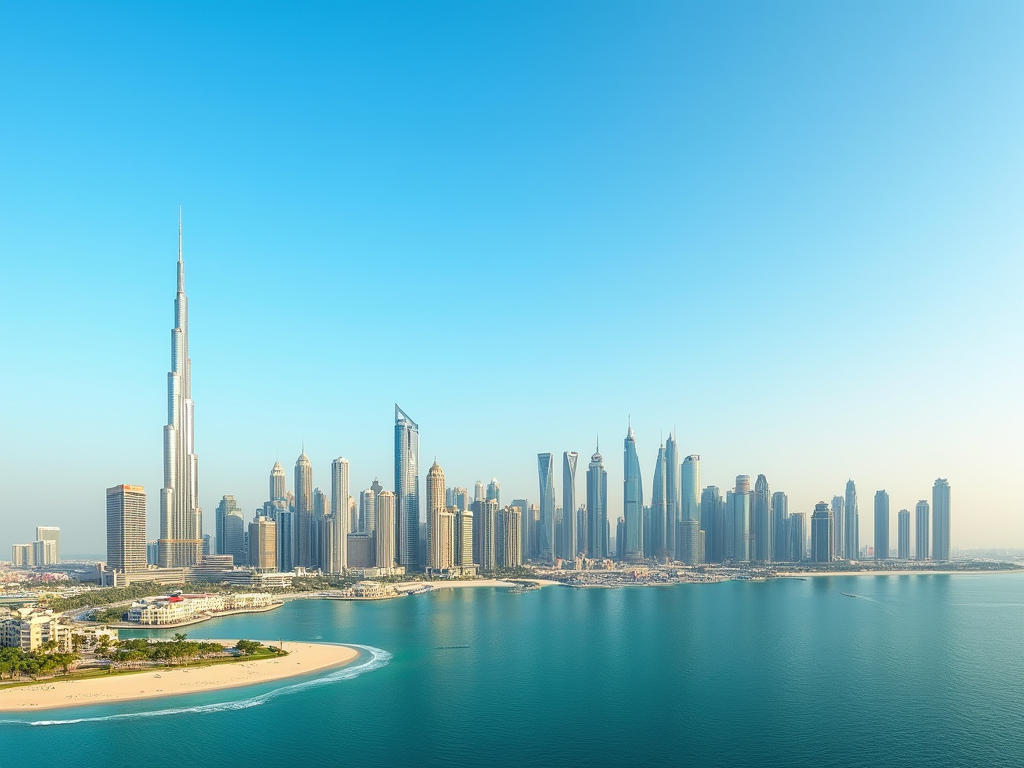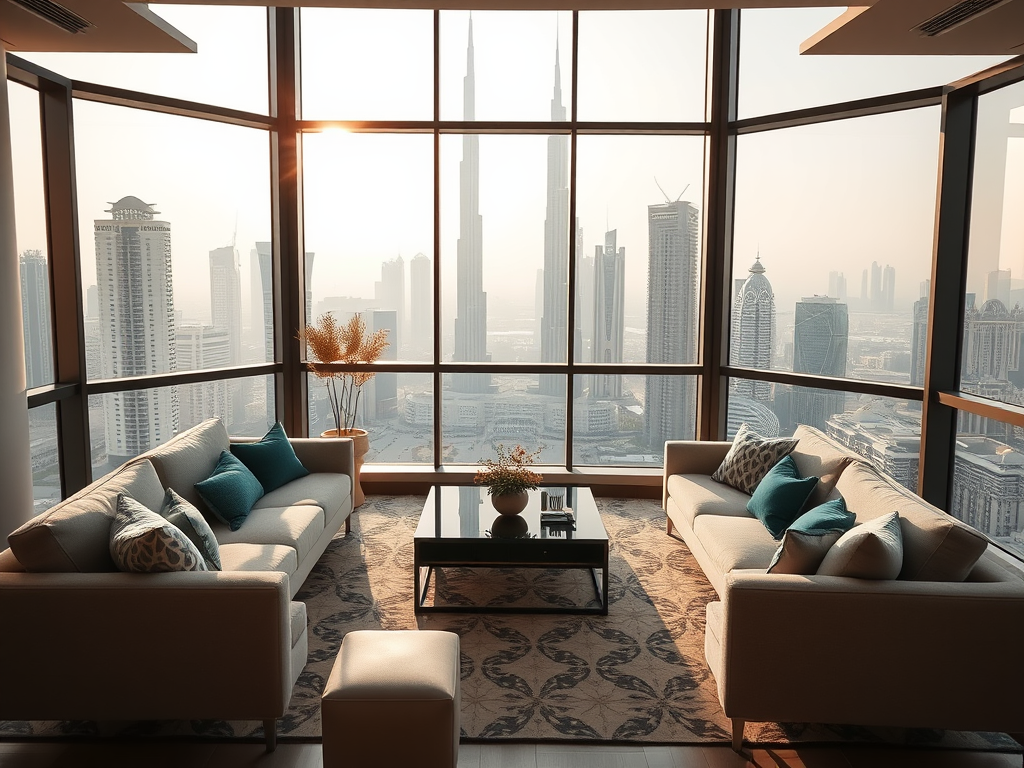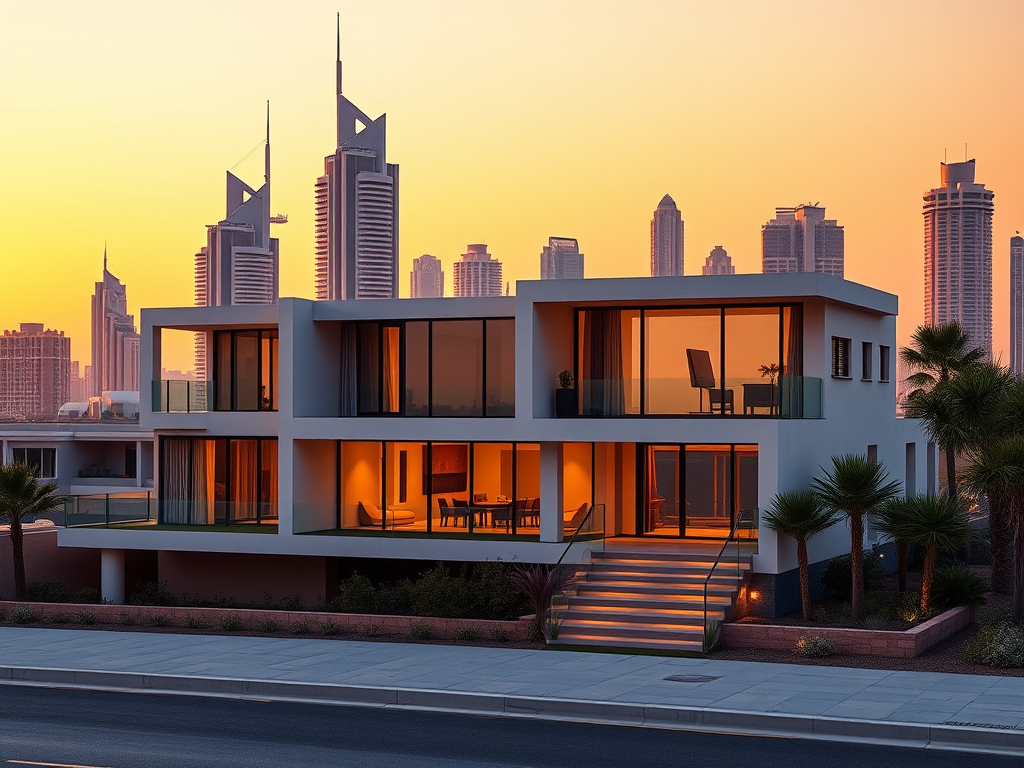Dubai’s real estate market stands out among the Gulf Cooperation Council (GCC) countries, characterized by its rapid growth, diversified properties, and innovative investment opportunities. While countries like Saudi Arabia, Qatar, Kuwait, Oman, and Bahrain also boast burgeoning real estate sectors, Dubai remains a key player due to its strategic location, tax incentives, and a high standard of living. This article explores various aspects of Dubai’s real estate market and compares it to its GCC counterparts, highlighting its unique features, challenges, and growth potential.
Market Size and Growth Trends

Dubai’s real estate market has displayed remarkable resilience and growth, driven by both local and international demand. Over the past few years, the Emirate has seen substantial development in both the residential and commercial sectors. Unlike smaller GCC nations, Dubai manages an extensive portfolio of mega projects, luxury developments, and affordable housing options that cater to various demographics. The following list highlights key aspects of growth trends in Dubai’s real estate compared to other GCC countries:
- Population Growth: Dubai’s population has been increasing steadily, attracting expatriates and investors alike.
- Development Projects: The presence of high-profile projects, such as the Burj Khalifa and Palm Jumeirah, enhances Dubai’s global appeal.
- Economic Diversification: Diversifying the economy beyond oil has encouraged investments in various sectors, like tourism and technology.
- Regulatory Environment: Flexible property ownership laws and a transparent legal framework favor foreign investment in Dubai.
- Tourism Appeal: As a global tourism hub, Dubai benefits from a constant influx of visitors, supporting both short-term rentals and long-term investments.
Investment Opportunities in Dubai vs. Other GCC Countries

When it comes to investment opportunities, Dubai stands out with its multitude of options and attractive returns. The Dubai government continuously introduces initiatives to stimulate investment, such as granting long-term residency visas to property investors. Unlike some other GCC countries where real estate investment can be restricted or fraught with regulations, Dubai keeps its market accessible and inviting. Key features of Dubai’s investment landscape include:
- Diverse Portfolio: Options ranging from luxury villas to commercial spaces ensure investment choices for everyone.
- High Rental Yields: Dubai often boasts some of the highest rental yields in the region, appealing to both local and international investors.
- Tax Incentives: The absence of property taxes and capital gains tax allows investors to keep more of their profits.
- Growing Demand: Continuous demand for housing and commercial space due to population growth supports price appreciation.
- Infrastructure Development: Ongoing projects aimed at improving transport and public amenities enhance property values.
Comparative Property Prices
Property prices in Dubai vary widely depending on area, property type, and market conditions, yet they remain competitive when compared to other GCC countries. As of late 2023, Dubai’s prime locations, such as Downtown Dubai and Dubai Marina, see higher prices akin to that of major international markets. In contrast, countries like Saudi Arabia and Qatar offer lower average property prices but may lack the same development speed and variety as Dubai. A breakdown of average property prices can give prospective investors clearer insights:
- Dubai: Prices range from AED 1,500 to AED 3,000 per square foot in premium locations.
- Saudi Arabia: Average prices often fall between SAR 4,500 to SAR 7,500 per square meter in cities like Riyadh.
- Qatar: The price range typically hovers around QAR 14,000 to QAR 25,000 per square meter.
- Kuwait: Average prices may be around KWD 800 to KWD 2,000 per square meter.
- Bahrain: Prices tend to be lower than other GCC markets, available at around BHD 800 to BHD 1,200 per square meter.
Challenges Facing Dubai’s Real Estate Market
Despite its success, Dubai’s real estate market faces several challenges. Over-supply is a key issue, with many developments emerging and leading to a competitive rental environment. This can potentially dampen rental yields and affect property valuations. Moreover, while the workforce is growing, global economic uncertainties may hinder foreign investment. Some notable challenges include:
- Market Volatility: Fluctuations in oil prices and global economic conditions can create uncertainty.
- Over-Supply: Rapid development may lead to an excess in housing supply, impacting prices.
- Regulatory Changes: Shifts in government policies related to foreign ownership can affect market dynamics.
- Market Saturation: An increasing number of developments can saturate certain segments, like luxury properties.
- Financing Challenges: Changes in interest rates can affect buyer affordability and investment attractiveness.
Conclusion
In conclusion, Dubai’s real estate market sets itself apart within the GCC by offering unmatched investment opportunities, diverse property options, and a strategic edge in terms of growth potential. While challenges such as over-supply and market volatility exist, the Emirate’s commitment to fostering a favorable investment climate keeps it competitive with other GCC countries. As the property landscape continues to evolve, savvy investors should closely monitor trends and opportunities within this vibrant market.
Frequently Asked Questions
1. What factors contribute to Dubai’s real estate market growth?
Several factors contribute to Dubai’s growth, including a growing population, diverse property offerings, strong tourist inflow, and supportive government policies.
2. How do rental yields in Dubai compare to other GCC countries?
Dubai often has higher rental yields compared to its GCC neighbors, making it a sought-after destination for real estate investors.
3. Are there any restrictions on foreign property ownership in Dubai?
No, Dubai offers a relatively open property ownership framework, allowing foreigners to own freehold properties in designated areas.
4. What are the main challenges facing investors in Dubai’s real estate market?
Investors may face challenges such as market volatility, over-supply of properties, regulatory shifts, and competition within the rental market.
5. How does property pricing in Dubai compare to Saudi Arabia?
Dubai’s property pricing in prime locations tends to be higher than in Saudi Arabia, but the investment potential and market growth can offset the higher costs.



